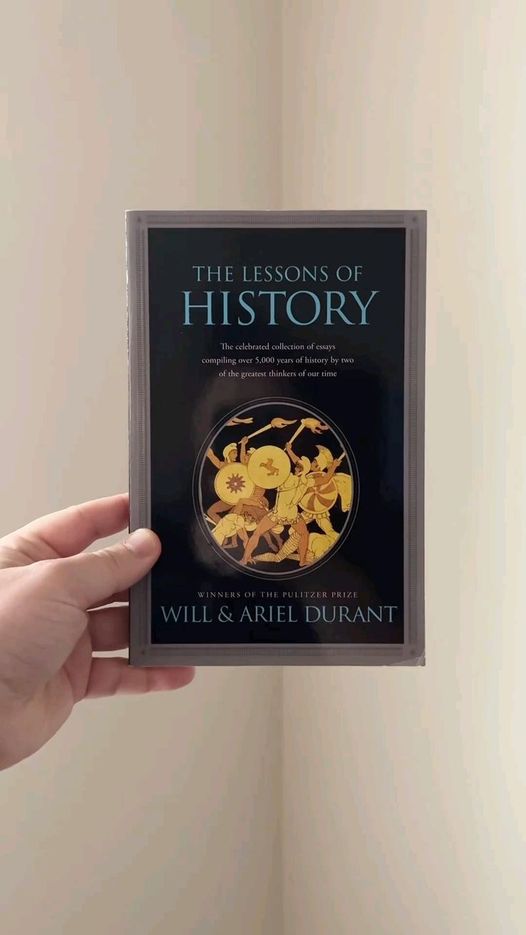The Importance of Studying the Lessons of History
History is more than just a collection of dates and events; it is a rich tapestry of human experience, filled with lessons that can inform our present and guide our future. Understanding the lessons of history is crucial for several reasons, each contributing to the development of individuals and societies.
1. Understanding Human Behavior
History provides insight into human behavior and societal dynamics. By studying past actions and decisions, we can better understand motivations, conflicts, and the consequences of our choices. This awareness can help us navigate current issues with a more informed perspective.
2. Avoiding Past Mistakes
One of the most compelling reasons to study history is to avoid repeating mistakes. The adage “those who cannot remember the past are condemned to repeat it” underscores the importance of historical awareness. From economic collapses to social injustices, many lessons can be gleaned from examining the failures of previous generations.
3. Appreciating Progress
History allows us to appreciate the progress we’ve made as a society. By examining the struggles and triumphs of the past, we can recognize the advancements in human rights, technology, and social norms. This understanding fosters a sense of gratitude and encourages continued progress toward a more equitable future.
4. Shaping Identity
History plays a crucial role in shaping personal and collective identity. Cultural heritage, national pride, and shared experiences are all rooted in our historical narrative. Understanding our history helps individuals and communities foster a sense of belonging and purpose, essential for social cohesion.
5. Informed Decision-Making
Whether in politics, business, or personal life, historical knowledge can inform better decision-making. Leaders who understand the historical context of their decisions are more likely to consider the long-term implications and the broader impact on society.
6. Inspiring Change
History is filled with examples of individuals and movements that have led to significant change. Learning about these transformative moments can inspire current and future generations to advocate for justice, equality, and innovation. The stories of resilience and courage remind us that change is possible.
Conclusion
The study of history is not just an academic exercise; it is a vital tool for understanding our world. By reflecting on the lessons of the past, we equip ourselves with the knowledge needed to address contemporary challenges and to strive for a better future. Embracing history enriches our lives, informs our choices, and strengthens our societies. In an ever-changing world, the lessons of history remain a timeless guide.
